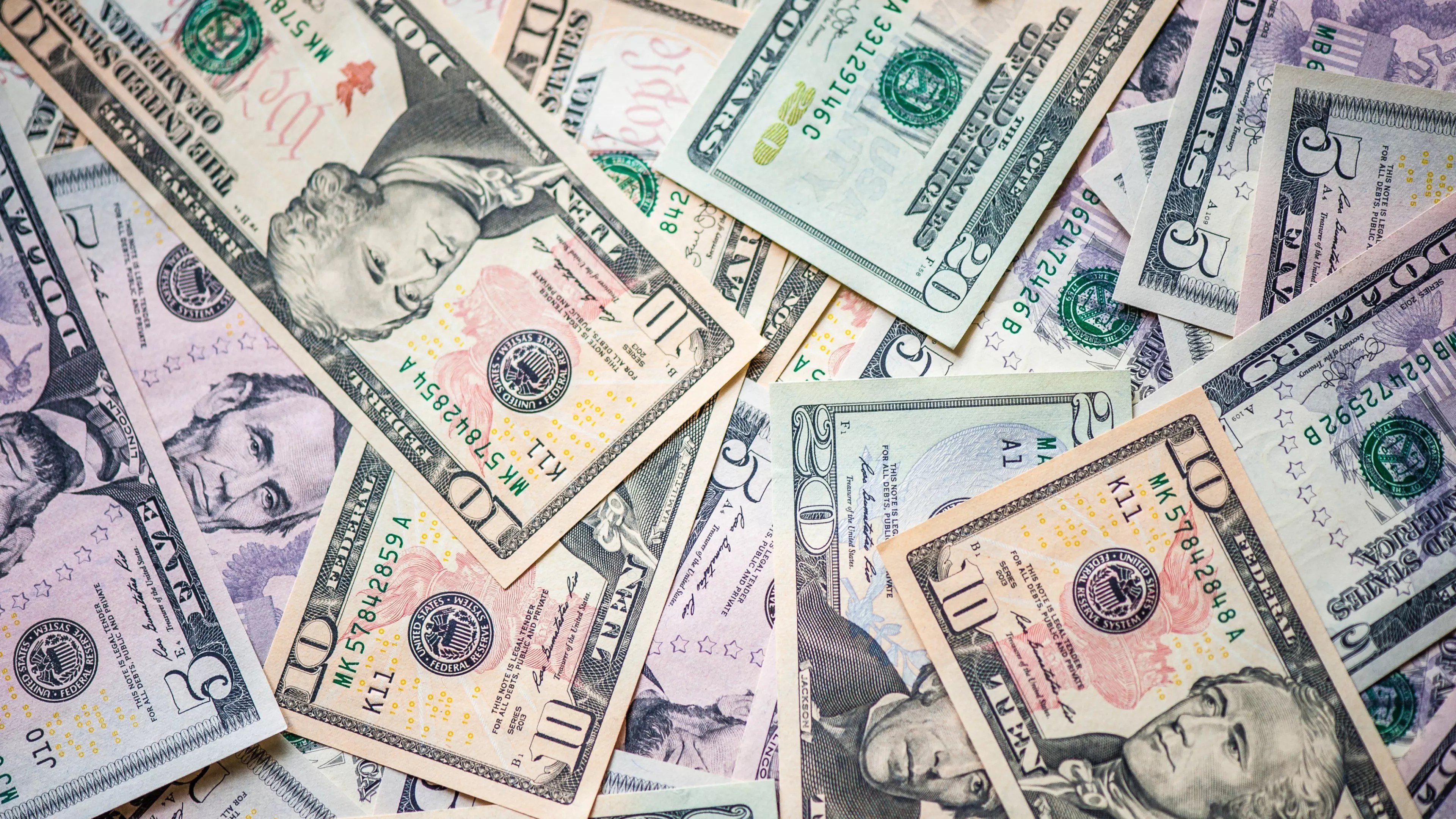
Photo by Alexander Schimmeck on Unsplash

Audio By Carbonatix
Aside from potentially determining who will lead the Mile High City for the next dozen years, the 2023 mayoral race is significant for another major reason: It marks the first time that the Fair Elections Fund, a new public-financing mechanism, is operational in Denver.
“I think people felt more empowered by that matching aspect than in previous campaigns and election cycles last time around,” says Jordan Fuja, a spokesperson for Mike Johnston‘s mayoral campaign.
Candidates for a variety of municipal offices, but especially those involved in the race to succeed Mayor Michael Hancock, have called the Fair Elections Fund a game-changer, with some who are running even acknowledging that it was the determining factor in why they launched campaigns.
But the fund, which matches contributions of between $5 and $50 at a nine-to-one ratio for participating candidates, just passed a key deadline: February 28 was the last date that contributions could be matched. From now until the end of the election cycle, any contributions to FEF-participating candidates will no longer be matched.
The run-up to that February 28 deadline led to a rush of the thirteen campaigns on the mayoral ballot participating in the fund to land as many qualifying contributions in the last days of February.
“A big pitch of ours is that this is the only way we’re going to compete, is if we maximize donations during the Fair Elections Fund,” says Sarah Lake, campaign manager for Lisa Calderón, a second-time candidate who came in third in the 2019 Denver mayoral race.
In 2018, Denver voters approved establishing the fund, which set up a system in which candidates who agree to lower contribution limits and take donations only from individuals and small donor committees could access taxpayer dollars – to the tune of $8 million per municipal election. The fund was pushed by advocates who want to limit the overwhelming influence of big money in politics.
Through mid-February, the Fair Elections Fund had doled out $5,290,999.49 through 14,527 matching contributions across Denver municipal races. And the new campaign finance mechanism has had the largest effect in the mayoral race, where candidates can get up to $750,000 from the fund in the first round and a quarter of that first allocation for a run-off race. The final payout from the fund before Election Day on April 4 should come midway through March. And some campaigns are expecting big payouts.
“There was a big surge at the end, with people motivated by the fund ending and their impact being multiplied,” says Fuja. “Having the nine-to-one match – people were excited by that, especially people who don’t have the money to contribute $500.”
The Johnston campaign anticipates getting an additional $355,000 from the fund later this month. Johnston received a combined $253,035 in FEF money in January and February.
And Calderón’s campaign, which has highlighted that it’s a grassroots operation relying on smaller donations, also expects a large chunk of money in March.
“If we look at our February donations, I’d say easily half of all the February donations came in the last week. It’s a short month, but it’s clear that the deadline for the Fair Elections Fund was a motivating factor for people to contribute,” says Lake. The Calderón campaign received a combined payout of $116,704.98 in FEF money for January and February.
So far, Kelly Brough ($530,491.41) and Leslie Herod ($441,231.12) have gotten the most money from the FEF.
Regarding efforts to land contributions in recent days, Lake notes that some people the Calderón team talks to aren’t even aware there’s an election looming so soon. Part of the confusion stems from the fact that the election is happening earlier. Voters approved moving up the municipal election from May to April for this and future cycles to ensure that ballots for overseas and military voters can be finalized in time for the June run-off races. But Lake also believes that some voters are still just getting over the midterm elections.
“Most of the confusion with the voters is that there is an election at all,” Lake says.
For mayoral candidate Kwame Spearman and his campaign staff, the difficulties in talking with voters in recent weeks had been less about knowledge of the election and more about awareness of the February 28 deadline.
“What we’re finding is that people are still both generally unaware of the match and really excited when they hear about it,” says Spearman. “So the surge we had this week definitely did not make up for ending it before the fund dried up.”
Spearman wishes the matching contributions could have continued through the final days of campaigning. But the Denver Clerk and Recorder’s Office notes that it needs to cut off the fund spigot in order to have enough time before the election to certify audit allocations. Any remaining money will be used for run-off races. Each race – besides the at-large city council election – that doesn’t lead to a single candidate getting more than 50 percent of the vote will head to a run-off between the top two vote-getters. For the at-large council races, the top two vote-getters will simply win the race.
“We are optimistic based on current projections that the fund will be sufficient through the April election and anticipated June runoff,” says Lucille Wenegieme, a spokesperson for the Clerk and Recorder’s Office. A few hundred thousand dollars of the $8 million will also go toward the fund’s administration.
With the FEF deadline having passed, campaigns are going to start to spend much of the money that they’ve stockpiled. For example, Calderón’s team is beginning to pay for mailers and ads.
“This is when the money matters. Having it at the end of March is not going to help us much,” Lake says.